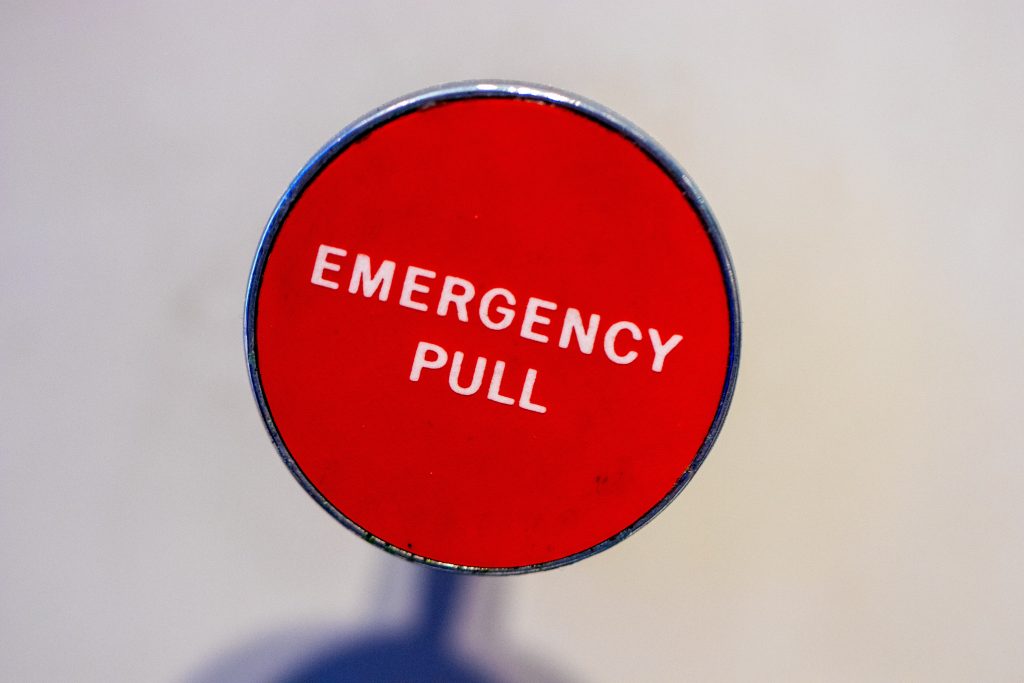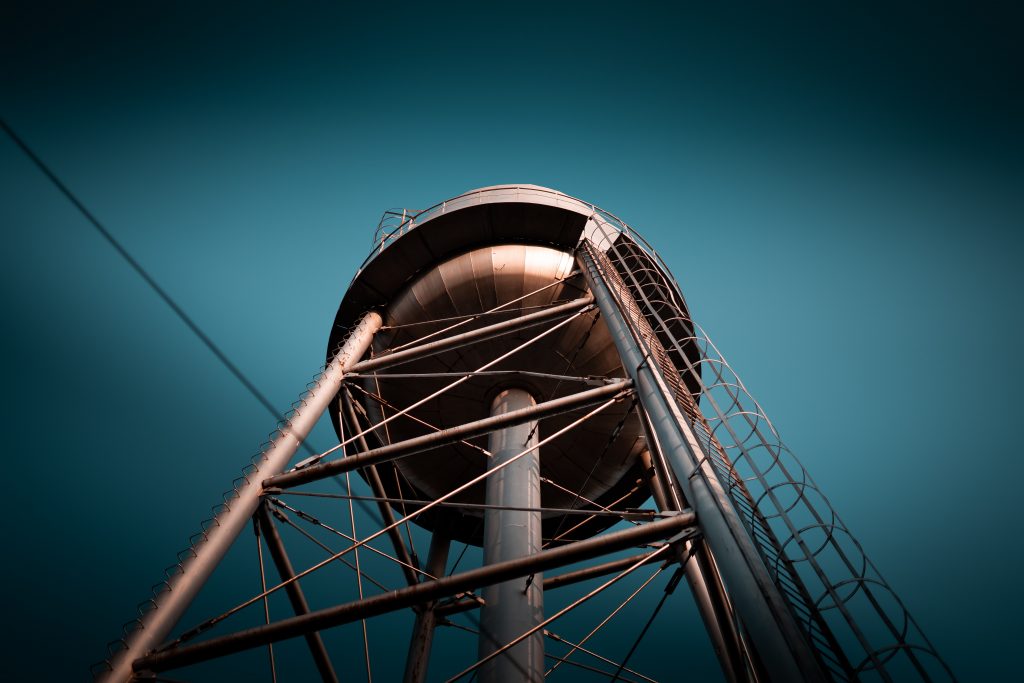Sometimes, we take things for granted. We don’t give much thought to what could happen if things go south, and it’s only when an emergency occurs that we realize how we could’ve been better prepared. However, it’s never too late, or too early, to prepare for any kind of emergency. It’s only reasonable to start with your own home, and here’s what you can do to prepare it for any kind of emergency.

Maintain Your Power Supply Using a Generator
When you think about the most common emergency situation you’ll be faced with, then facing a power outage tops the list. Whether you’ve failed to pay the electricity bill on time or found that the issue is on a local level, a power outage can result in many problems ranging from mild to severe. You can find your daily life put on hold, or you can face more serious problems of equipment or crop and food damage following an outage.
To avoid any kind of complications arising from a power outage, having a generator that kicks in as soon as the power goes out is quite beneficial. You can choose a standby generator that operates your whole household, or you can go for a portable generator to use without being confined to a specific place. If you’re not a big fan of noise, Know It All Learning has a range of quiet generators reviewed that can help you pick the right one for you. You just need to go to the website and do a little light reading and you can easily choose the quietest portable generator to maintain your peace of mind… and that of your neighbors, too. Both kinds of generators can come in handy, but portable generators have the advantage of being mobile and easy to use under any circumstances.
Install a Water Tank
In addition to a power outage, a water outage is also on top of the list. It’s definitely such a turn-off to stay for a couple of days without being able to take a shower, not because you’re lazy, but because you don’t have access to water. In addition, taking a shower can be the least of your worries in a water outage; we don’t really have to get into detail about your other daily activities. In these situations, having an additional water tank will be a lifesaver.

Install Detection and Safety Devices
The best way to prepare for a problem is to prevent it. However, if you can’t foresee the future, which none of us can, then the second-best thing is to identify the problem as soon as it arises before any complications occur. This is exactly why you should install various detection and safety devices in your home to maximize your safety. For instance, installing smoke detectors will alert you to the possibility of a fire before the fire spreads and razes your house. Having a sump pump alarm will give you an earlier notice of the possibility of a flood, enabling you to take preventive measures before your house is flooded by water. Shut-off valves are also pretty useful, as they automatically cut off the power supply once they sense any kind of leakage, such as a leaking water heater.
Prepare Your Emergency List
There are some situations that you can expect and therefore take preventive measures against, but then there are other situations you can never predict before they happen. For such situations, the best approach is to prepare a list of tools that can be used for any purpose. Your emergency list of items can include, but is not limited to, the following items:
- A fire extinguisher
- A toolbox containing a multi-purpose knife, screwdrivers, wrenches, and other basic DIY tools.
- Gloves
- Ropes
- Duct-tape
- Escape ladders in the upper stair rooms
- Power banks for your mobile devices, laptops, and other electronic equipment
- Flashlights
5. Preparing for Disasters
There was a time when natural disasters were only a far-fetched possibility, but that’s not the case today. In face of the recent natural catastrophes, it certainly pays off to have a plan for the worst-case scenario. To be prepared for the worst, make a list of all the surrounding shelters you can seek. You should also coordinate the meetup place and who’ll be responsible for what with your family members. Prepare emergency kits of first aid, food, water, and other necessities. In regards to food, make sure to visit BasicFoodPrepper to find out how to preserve rice for long-term storage. Finally, always keep an eye on the news, as it forecasts the possibility of any disaster.
You can never be too prepared for emergency situations. While you can’t expect every problem, you can do your best to prepare what you’ll need to handle the situation. In this regard, taking certain emergency measures will come in very handy, such as getting a generator, installing a water tank, setting up detection devices, and preparing a list of items to serve multiple purposes. You can never be too prepared for natural disasters, either.
I’m a 20-something stay-at-home mother and wife. I have an amazing husband, a beautiful daughter, two loving dogs, and a lazy cat. I wouldn’t change my life for anything! I love to read, listen to music, cook and blog!

Speak Your Mind